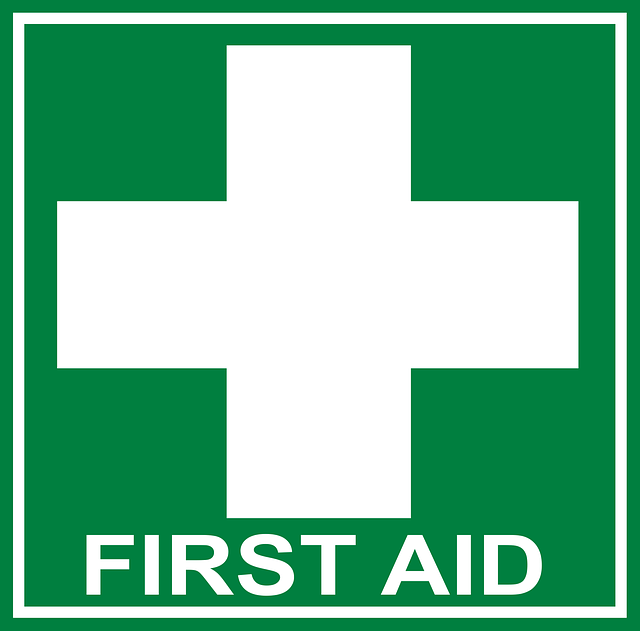In South Africa, choosing between a hospital plan or medical aid scheme hinges on individual health profiles, especially for managing chronic conditions or disabilities. Hospital plans focus on inpatient care with capped costs, while medical aid schemes offer broader coverage including outpatient and preventive services, often with co-pays. The best option depends on healthcare needs, budget, and desired control over treatment decisions, with each providing dedicated networks of specialists and support services to enhance quality of life.
In South Africa, managing chronic conditions and disabilities requires robust healthcare coverage. Understanding the nuances of hospital plans and medical aid schemes is crucial for ensuring adequate support. This article delves into these options, highlighting features and benefits tailored for those living with chronic illnesses or disabilities. We explore how to choose between hospital plans and medical aids, helping you decide which is the better fit for your unique healthcare needs.
- Understanding Hospital Plans and Medical Aid Schemes in South Africa
- Features and Benefits for Chronic Conditions and Disabilities
- Comparing Hospital Plans vs. Medical Aids: Which Is the Better Fit?
Understanding Hospital Plans and Medical Aid Schemes in South Africa

In South Africa, both hospital plans and medical aid schemes play crucial roles in ensuring access to quality healthcare for individuals and families. However, understanding the nuances between them is essential when making informed decisions about your health coverage, especially for those managing chronic conditions or disabilities. The key distinction lies in their focus and structure:
Hospital plans primarily cover inpatient care, including admission to hospitals, surgeries, and related treatments. They are often more affordable and suitable for individuals seeking comprehensive coverage for specific medical needs. On the other hand, medical aid schemes typically offer a broader range of benefits, encompassing not just hospital stays but also outpatient care, specialist consultations, and certain preventive services. Medical aids may be more complex with various plans and options available, catering to different demographics and health profiles, including those with chronic illnesses or disabilities who might require ongoing specialized care. When deciding between a hospital plan and medical aid, individuals should carefully consider their specific healthcare needs, budget, and the level of coverage required for optimal management of their condition.
Features and Benefits for Chronic Conditions and Disabilities

For individuals living with chronic conditions or disabilities, choosing the right hospital plan or medical aid scheme is pivotal for accessing comprehensive care. These plans often come equipped with specialized benefits tailored to address the unique needs associated with long-term health management. Features can include dedicated networks of specialists, extended stay coverage, and support services like physiotherapy, occupational therapy, and counseling—all designed to enhance quality of life.
When comparing hospital plans and medical aids, key considerations revolve around the breadth of cover for chronic conditions, co-pays and deductibles, in-network provider options, and additional wellness benefits. Which is better depends on individual circumstances; a robust medical aid scheme might offer broader coverage at a premium, while a well-structured hospital plan could provide more flexible options with potential savings.
Comparing Hospital Plans vs. Medical Aids: Which Is the Better Fit?

When it comes to managing chronic conditions and disabilities in South Africa, choosing between hospital plans and medical aid schemes can be confusing. Understanding the nuances of each is essential for making an informed decision. Hospital plans are typically designed to cover a wide range of inpatient care expenses, including specialist consultations, surgeries, and hospitalization. They offer peace of mind by ensuring access to quality healthcare services with pre-determined, capped amounts for various treatments.
On the other hand, medical aid schemes focus on a broader scope of healthcare needs, encompassing both inpatient and outpatient care, prescription medications, and preventive treatments. Unlike hospital plans, medical aids often require co-payments or deductibles, but they can provide more comprehensive coverage, especially when dealing with chronic conditions that require ongoing management. Considering your specific health needs, budget, and preferred level of control over healthcare decisions will help determine whether a hospital plan or medical aid is the better fit for your unique circumstances.
When choosing between a hospital plan and medical aid for chronic conditions or disabilities in South Africa, understanding your specific needs is key. Both options offer valuable support, but they cater to different requirements. If you seek comprehensive coverage for various healthcare services, including specialist care and regular check-ups, a hospital plan might be the better choice. Conversely, medical aids excel in providing access to a wide network of healthcare providers and specialists while offering cost-effective solutions through co-payments and out-of-pocket expenses. Ultimately, the decision depends on personal preferences, budget, and the level of control you desire over your healthcare options. Researching and comparing different plans is essential to finding the best fit for your unique situation.

